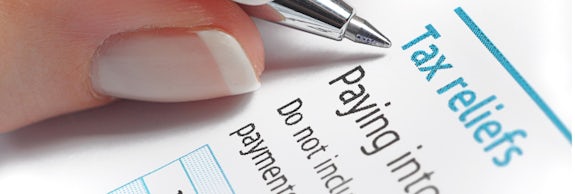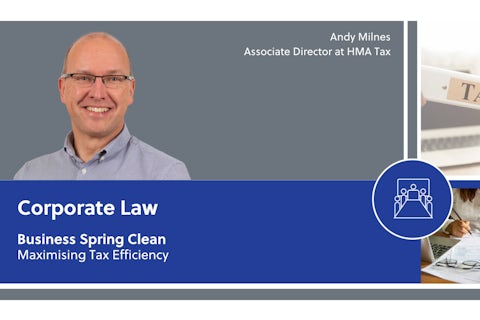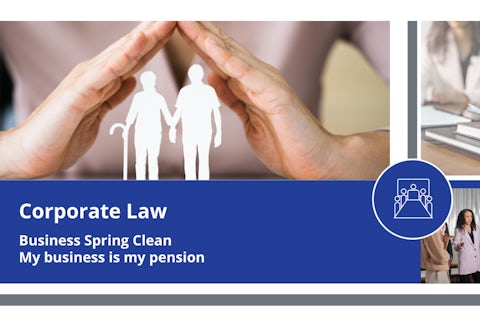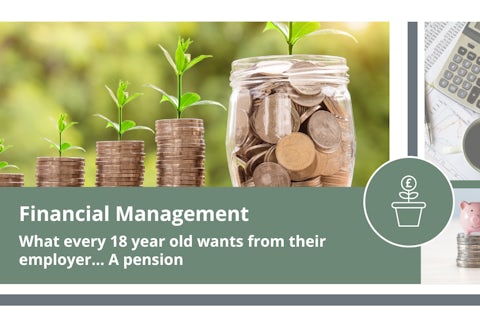Tax returns are often seen as a chore, but for higher earners, completing Self Assessment accurately is often a route to paying less tax.
This year, about 11.7 million people are required to submit a tax return. But with just over a week to go until the deadline, there will be many who are yet to get around to it. Last year, 3.5 million taxpayers hadn’t completed their tax returns a week ahead of the January 31 closing date, and 700,000 people filed their returns on deadline day itself.1
As a Self Assessment taxpayer, you need to report everything you’ve earned over the tax year from April 6, 2018 to April 5, 2019. It’s important to act now to get your tax in order, as failing to meet the deadline carries a penalty of £100 with further penalties for delays after that.
How it works
Tax is automatically deducted from the majority of UK taxpayers’ wages, pensions or savings. But where tax is not automatically deducted, or you have earned additional untaxed income, you are required to complete a Self Assessment tax return.
You will probably have to fill out a tax return if you:
- earn more than £2,500 from renting out property
- receive child benefits and have an annual income of more than £50,000
- receive more than £2,500 in other untaxed income, for example from tips or commission
- are self-employed
- are a limited company director
- are a shareholder
- are an employee claiming expenses in excess of £2,500
- have an annual income over £100,000.
Cash back
Self Assessment does not have a reputation for generating excitement, especially as there will normally be a tax bill to pay. But your tax return is also an opportunity to get some money back by reclaiming tax paid on your pension contributions.
Unfortunately, many people fail to claim what is rightfully theirs, simply because they don’t understand how the system works. Research suggests that up to a fifth of middle and higher earners do not claim the extra relief owed to them, meaning that hundreds of thousands of individuals are missing out on a significant tax-saving opportunity.2
With the deadline for submitting tax returns for the 2018/19 tax year fast approaching, it is predicted that thousands of taxpayers will again miss out on tax relief owed to them, or otherwise incur penalties by omitting vital information.
The checklist below may help you to avoid the most common mistakes people make in the rush to file before 31 January each year. It is by no means exhaustive, so if you don’t understand something about your tax return, visit gov.uk or call the Self Assessment helpline on 0300 200 3310.

The levels and bases of taxation, and reliefs from taxation, can change at any time. The value of any tax relief depends on individual circumstances.
1 www.gov.uk, January 2019
2 True Potential, 2016







